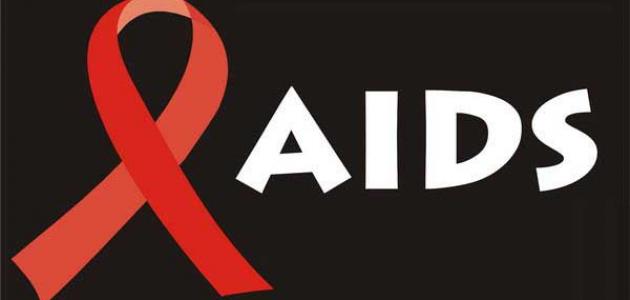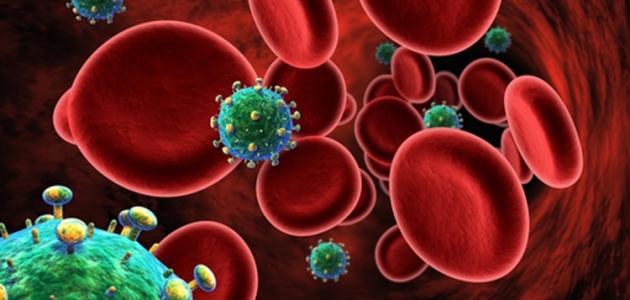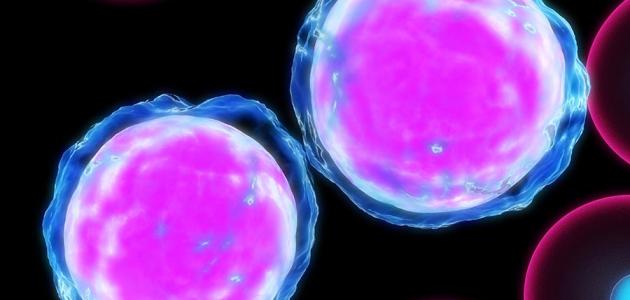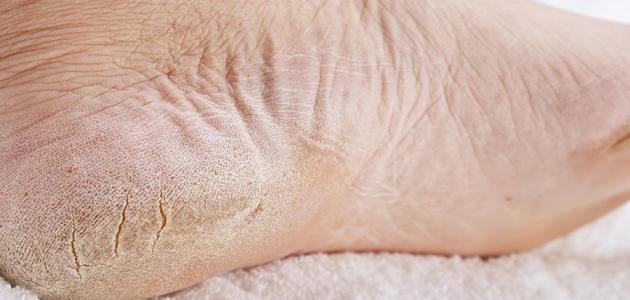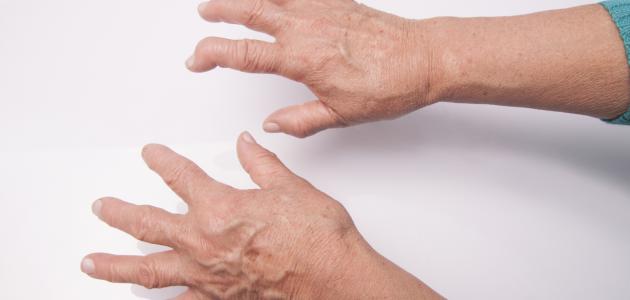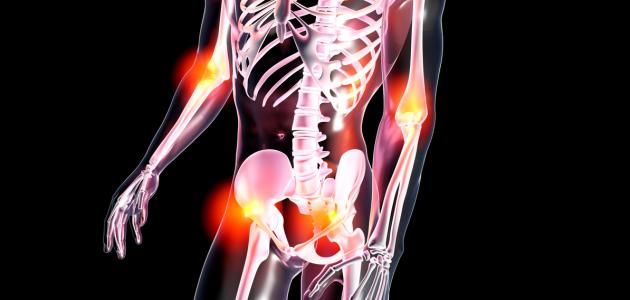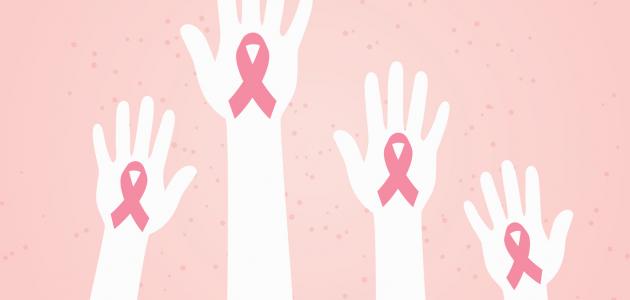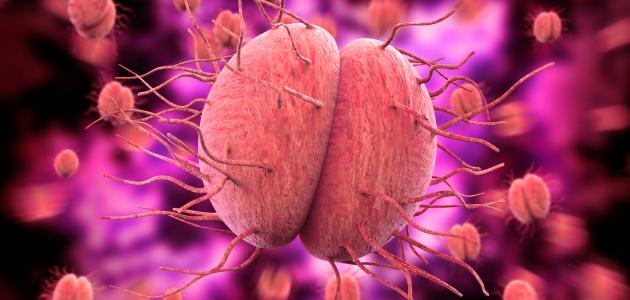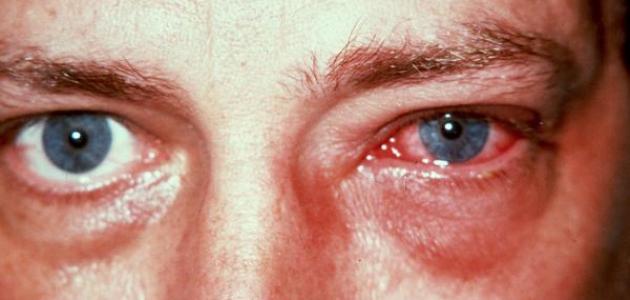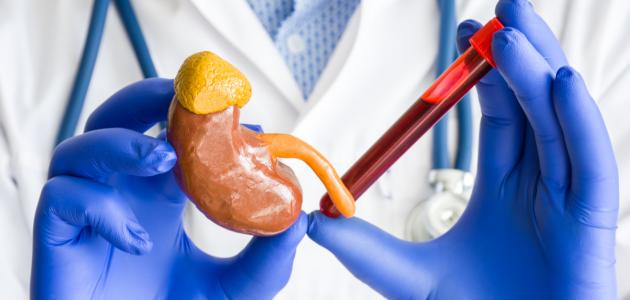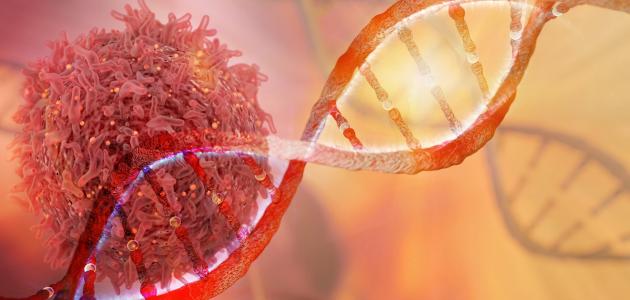Contents
Definition of AIDS
AIDS is a deadly disease that enters the human body, destroys the immune system and disables it from performing its vital functions. It is a viral disease that is related to the human immunodeficiency virus and is known as HIV, and it is considered the main cause of immunodeficiency in the infected person, and it paralyzes cells that resist other diseases, and it is called AIDS, which is It cannot be diagnosed by a blood test until three months after infection, and its signs appear years after infection, and there is currently no vaccine against it, and the available drugs do not completely treat this disease.
Symptoms of AIDS
The symptoms of AIDS are mainly the result of certain health conditions. It is natural that they do not develop in this way in people who have a healthy immune system. Most of these cases are in the form of infections caused by bacteria, viruses, fungi, and parasites that are usually controlled by the elements of the immune system, and which the HIV virus destroys. Among the symptoms that AIDS patients feel:
- The tongue is covered with white bumps (fungi), and this is one of the most common cases.
- Loss of appetite and weight loss.
- Fatigue, severe headache.
- Severe diarrhea .
- Fever.
- Constant itching
- Menopause
- Immunodeficiency, as it is easy to pass any infection to the infected person.
Methods of transmission of AIDS
- Illegal sexual contact, especially the contact of a healthy person with a person with the disease.
- Exposure to contaminated blood, either by sharp, contaminated equipment, or by needles (injection); Therefore, you must refer to the specialists to sterilize the injection and examine it before administering it to the patient.
- Transmission of the virus from a pregnant mother to a fetus or a nursing mother.
The methods used to prevent this disease
- Staying away from unlawful sexual contact (such as fornication or homosexuality)
- Avoid exposure to body fluids that carry HIV infection, blood, semen, vaginal secretions, and breast milk. As for (saliva, tears and sweat), there is no specific evidence that the virus is spreading through them.
- Disease transmission from a nursing mother ; Where other methods can be used to breast-feed the newborn to avoid cross-infection.
Treatment of AIDS
As for treating the disease, people infected with HIV have been hesitant for years to take the treatment step, and treatment in the early stages of the disease is more effective. Because the disease spreads very quickly, and begins with the weakening of the body's cells and the immune system; Therefore, the treatment at the beginning of the disease is more effective, and there are important herbs that have an effect on the AIDS virus, healthy nutritional supplements, and animal derivatives that play a role in the AIDS virus, including: St. John's wort, patience, garlic, onions, purple rump, pear, and black radish, Dandelion, and artichoke.
Although treatments for AIDS and HIV can slow down the disease progression, there is no vaccine yet for this disease. Anti-retroviral therapies reduce both the death rate from HIV infection, as well as the spread of the disease in the area where the infection appears.
However, these drugs are very expensive, and the traditional way to obtain anti-retrovirus treatment is not available in all countries of the world. Therefore, prevention of this disease is the best treatment.
